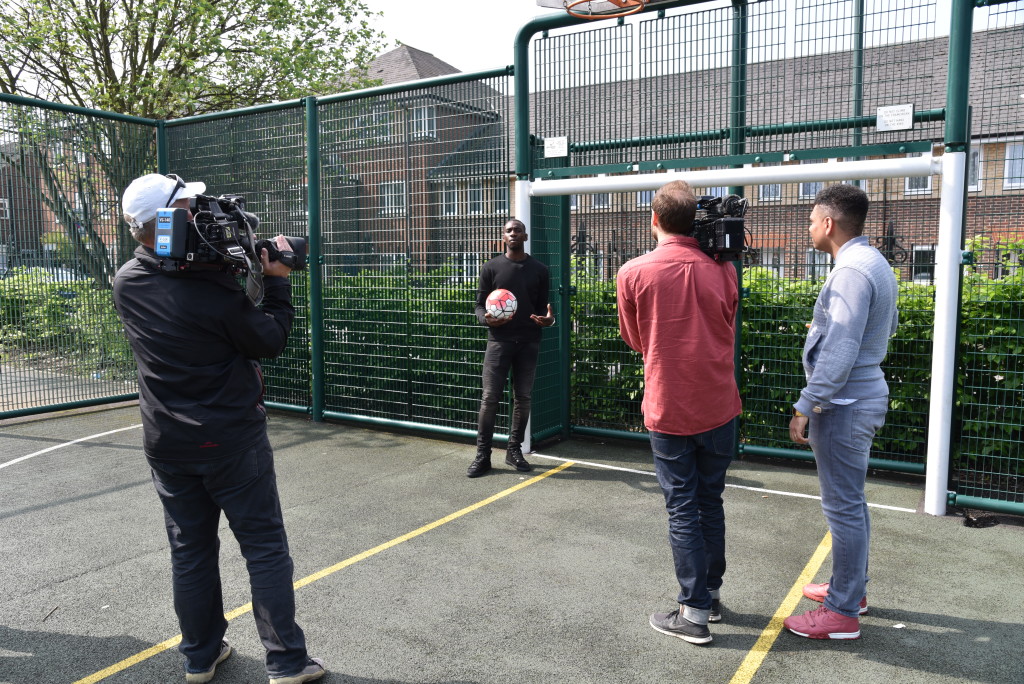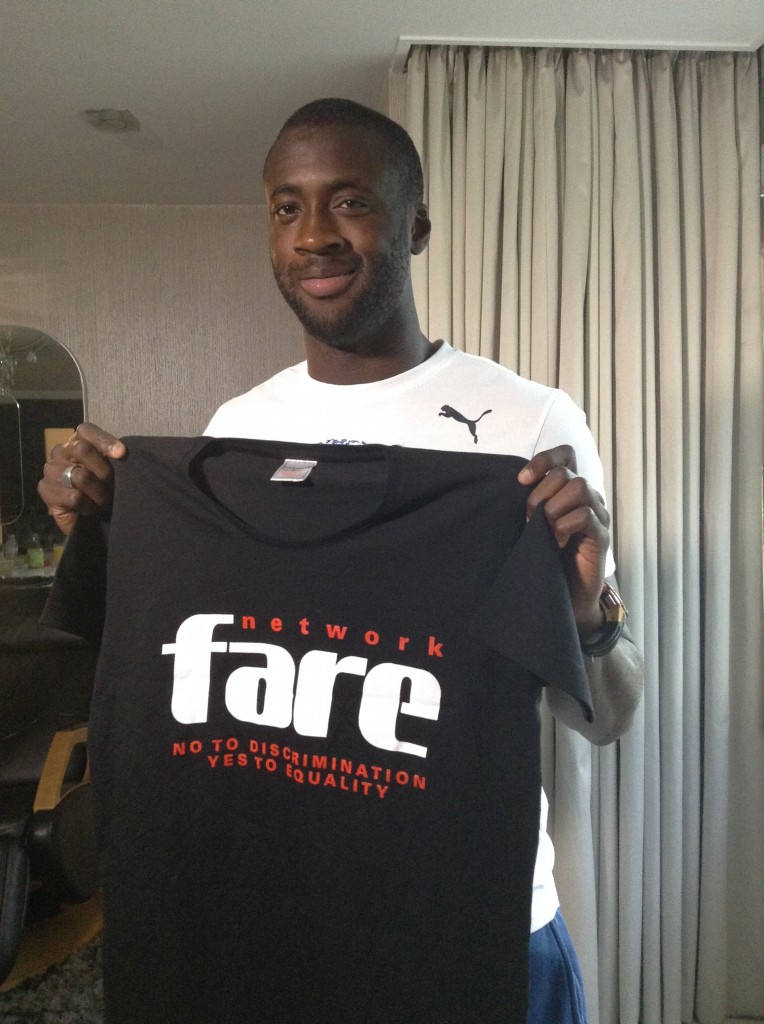This is the most important football season for black people in the game – present and future – but very few may realise it.
This season the English Football League (EFL) have introduced groundbreaking measures to address the exclusion and under representation of BAME coaches at the elite level of the game. An equivalent of the NFL’s Rooney Rule has been put in place over a three year trial period – where at least one BAME person must be interviewed as part of recruitment processes at EFL clubs.
The introduction of the new measures is a bold step and means every single EFL club must adopt a Rooney Rule system for any coaching vacancy at academy level. While at first team level ten EFL clubs will pilot the same system.
The latest report by the Sports People’s Think Tank, of which I’m a founding member, outlined that there were just 23 BAME coaches across the 552 senior coaching positions in professional football in 2015. So there is a desperate need for the positive action put in place.
But it would be wrong to sit back and think this will solve the problem. It will only work if the football industry is committed to wanting it to succeed, and if black communities and BAME people trust it will be delivered properly and give it a chance.
My concern is that given the initial huge opposition to a Rooney Rule being brought into the game, that many influential figures will sit back and hope it falls short. Those opposed to it had no alternative solution, instead insisting that given time things would get better. Which essentially means they had no ideas, and didn’t see the need for urgency.
So it is vital that BAME candidates with qualifications – of which there are many – put themselves forward for roles and test the system. And where there are BAME people with aspirations of coaching at the elite level – they must get qualified.
If the EFL’s ground breaking move is a success, the football industry will have gained better coaches and – after decades of exclusion in coaching – we will begin to see a more level playing field in this area.
We cannot sit back and let others dictate how this important trial goes. This impacts not just on us now, but generations long after we are gone.
*This column first appeared in The Voice Newspaper




